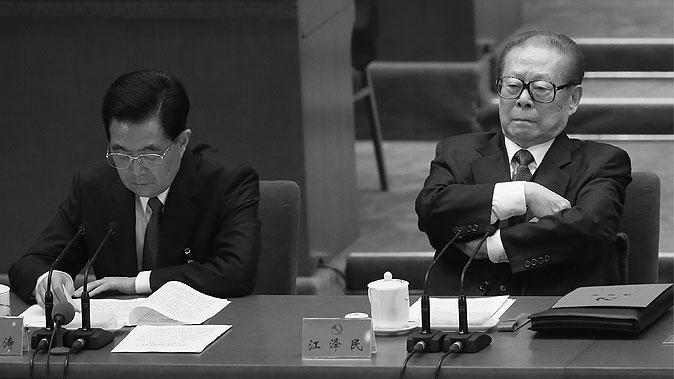Until recently such talk was to be found almost only in the overseas Chinese press. Among China specialists in the West it was often enough gently tut-tutted away. But now, major mainland Chinese websites are reporting the news: before they were both purged, the Communist Party’s former security czar held secret, seditious talks with a former Politburo member.
The cast of characters—Zhou Yongkang, the security chief, and Bo Xilai, the head of the southwestern city of Chongqing, and the offspring of a powerful revolutionary communist leader—could be drawn from the Chinese equivalent of a “Godfather” trilogy.
Former senior Party officials Bo Xilai and Zhou Yongkang planned to 'do something big.'





